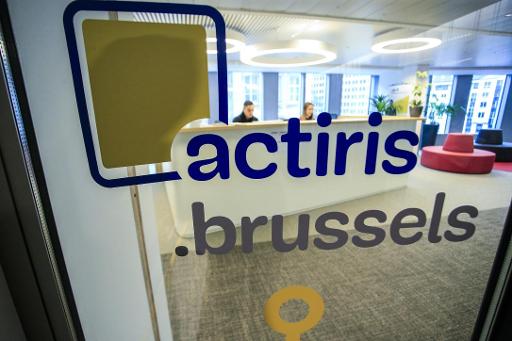A recent study published on Friday by view.brussels, the Brussels employment and training observatory, looked into the industry sectors that provide the quickest access to employment.
Education, paramedic science, and applied sciences are the three main areas providing job opportunities to young Brussels graduates.
The results were revealed by measuring the proportion of young people under-30 who obtained a job for at least one month in the year after their registration with Actiris, the Brussels Employment Office.
An overview of the numbers
Overall, 95.6% of graduates who pursued a career in education found long-term employment, with 93.3% working in applied sciences and 88.7% working in the paramedical sector. Administration and management (84.7%) and social work and personal assistance (84.7%) made up the top five sectors.
For those having obtained their upper secondary education diploma (CESS), the sectors with the best long-term job prospects were childcare and nursing (77.2%), security (72.7%), and manufacturing (72.2%).
Students with a bachelor's degree found the most work in the educational sector (95.6%), as paramedics (88.7%), in social work and personal assistance (84.7%), and information technology (83%).
For those with Master's degrees, applied sciences has an employment rate of 93.3%. This is followed by administration and management with 84.7% and law and criminology with 84.7%.
From a sociological perspective
The study also showed that Brussels' labour market increasingly looks for highly trained work (a 66% rise from twenty years ago), with just one in seven job openings requiring limited qualifications.
This might be down to the fact that young adults are becoming far better qualified than in years past. For young adults with a lower level of education or a non-Belgian diploma, only one-third find long-term employment within a year of joining Actiris. By contrast, three in four people with higher education qualifications find work in that same year.
Related News
- Employment rate of 80% 'clearly too ambitious', Actiris says
- Summer jobs: Students in high demand in Brussels
- Belgium's employment paradox: Need for lower-paying jobs and flexible workers
There are also more women with a higher level of education registered at Actiris then there are men (44.5% to 29.3%). This is a result of their choice of studies and profession: women tend to favour fields with a higher employment rate – education and care two noteworthy examples.
Covid and the job market
The study also aimed to gauge Covid-19's impact on the Brussels job market.
On the one hand, those who started looking for work in 2019 and in 2020, in the midst of the pandemic, had more difficulties finding employment, with just 50% finding a job compared to 57.8 % in 2018.
On the other hand, the observatory noted that the instability of the health crisis motivated more young adults to pursue their education. "Given that the Brussels market is in great demand for highly qualified profiles, and that the employment rate for young adults having graduated from upper education is higher, this will give them a better chance of getting a job," view.brussels stated.

